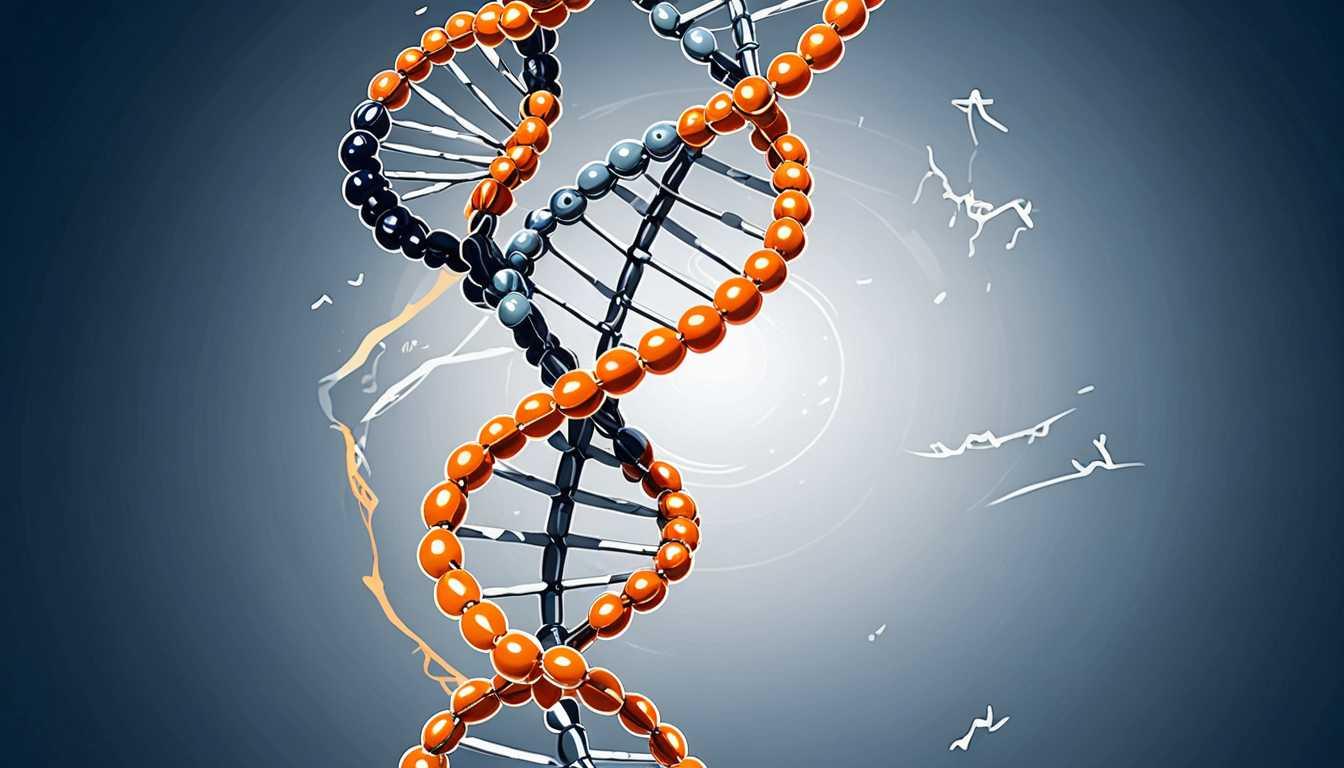Estrogen and Binge Drinking: What’s the Link?
January 2025
Cornell News Highlights
Introduction
Hey there, curious minds! Did you know that estrogen might be the secret ingredient behind binge drinking in females? A groundbreaking study from Weill Cornell Medicine reveals that when estrogen levels surge, females are more likely to indulge in alcohol – especially in the first half-hour! This eye-opening research could change how we understand alcohol use and its effects on health. So, grab a snack, settle in, and dive into this fascinating article from Cornell News Highlights!
READ FULL ARTICLEWhy It Matters
Discover how this topic shapes your world and future
Unraveling the Mystery of Estrogen and Binge Drinking
Understanding how hormones like estrogen affect behavior is crucial, particularly when it comes to binge drinking. This research sheds light on how females generally respond differently to alcohol compared to males, especially during specific hormonal phases. The implications are significant—not just for individual health but for society as a whole. With the rise in heavy drinking among women, especially during recent pandemic lockdowns, learning about these differences could lead to better treatments for alcohol use disorder. Imagine if we could develop new strategies to help people manage their drinking habits more effectively, especially for those who may be more vulnerable due to hormonal changes! By recognizing how biology influences behavior, we can create more tailored approaches to health and wellness.
Speak like a Scholar
Estrogen
A hormone primarily produced in the ovaries that plays a key role in regulating various body functions, including the menstrual cycle and reproductive system.
Binge Drinking
Consuming a large amount of alcohol in a short time, often defined as drinking five or more drinks in a row for males and four or more for females.
Neurons
Cells in the brain and nervous system that transmit information through electrical and chemical signals, helping to coordinate bodily functions and behaviors.
Excitable Neurons
Neurons that are more likely to fire and send signals, which can lead to increased activity in certain behaviors, such as drinking.
Hormonal Cycle
The regular changes in hormone levels that occur in the body over a set period, often related to reproductive health.
Front-Loading
A behavior where individuals consume a large amount of alcohol quickly after it is available, often seen as a way to enhance the effects of drinking.
Independent Research Ideas
The Role of Hormones in Risky Behaviors
Investigate how different hormones influence various risky behaviors, such as substance use or reckless driving, and how this knowledge could inform prevention strategies.
Comparative Studies of Alcohol Consumption in Genders
Analyze gender differences in alcohol consumption patterns across different cultures to understand social influences and biological factors.
Neurobiology of Reward Systems
Explore how various hormones interact with brain reward systems to affect behaviors like binge drinking, and consider the implications for addiction treatments.
Impact of Stress on Hormonal Regulation and Drinking
Examine how stress affects hormone levels and drinking behaviors in young adults, particularly during significant life transitions like moving to high school or college.
Innovative Treatments for Alcohol Use Disorder
Research the potential of new medications that target hormonal pathways to treat alcohol use disorder more effectively, exploring both biological and psychological dimensions.
Related Articles

Brain Wiring: The Hidden Link to Depression
September 2024
Cornell News Highlights

HIV Research: The Unexpected Medical Revolution
December 2024
Harvard Gazette

Timing Matters: The Science of Drug Efficacy
June 2024
MIT Technology Review

Tailoring Treatments: The Future of Mental Health
June 2024
MIT Technology Review

MIT’s Tiny Life-Saving Overdose Sensor
August 2024
MIT News